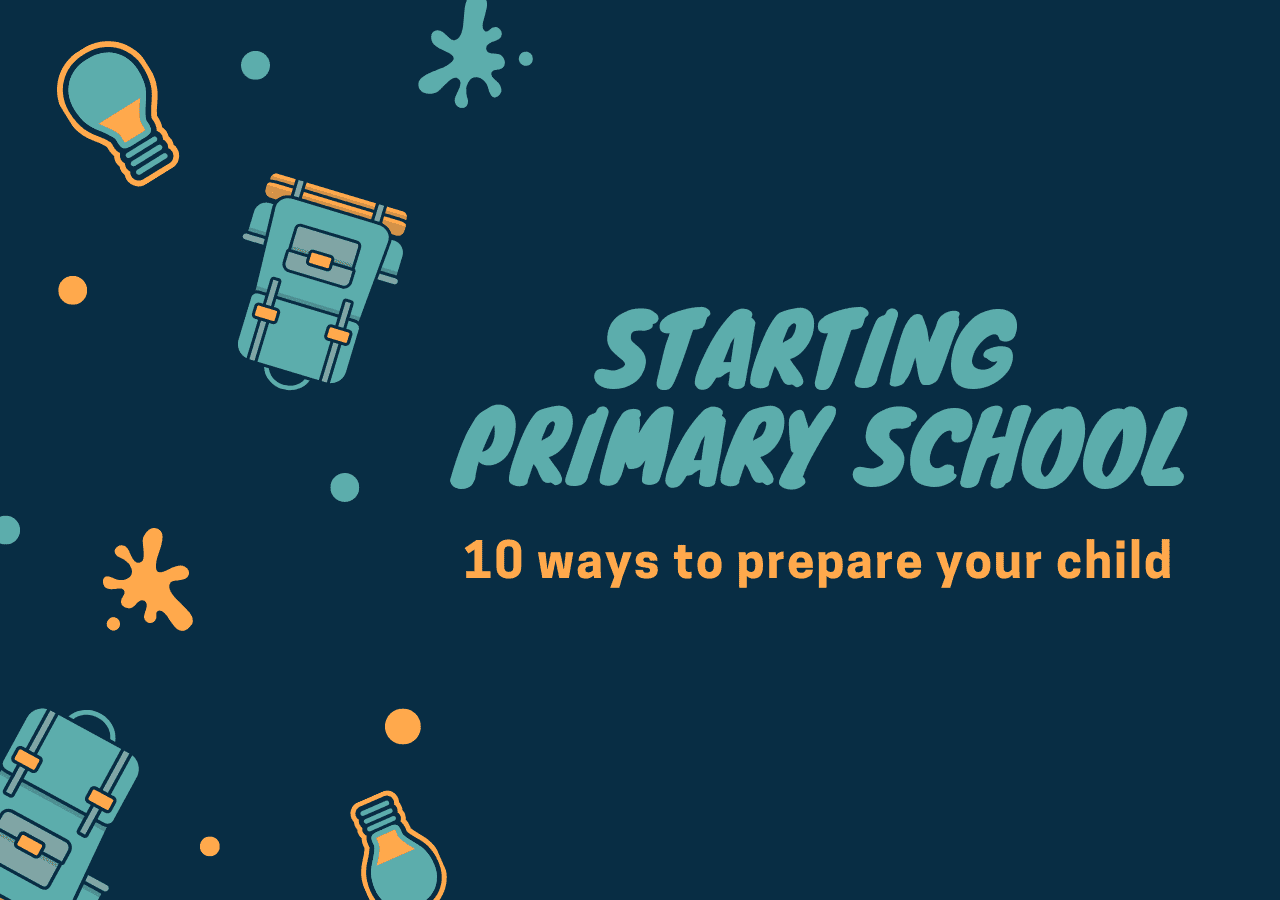
The transition from preschool to primary school is a big step – not only for children but their parents too.
In my line of work, I have spoken to dozens of parents who faced serious concerns with regards to getting their children ready for school.
You may wonder how you can alleviate their child’s anxiety of starting primary school. You want tips to ease your child into the routines of a primary school student. You also want to know what you need to do to prepare your child for the demands that lie ahead.
To answer all these questions and to ensure that your child will have a swift adjustment when starting primary school, here are 10 effective ways of preparing for primary 1:
1. Let your child know what to expect
Don’t expect your child to know what will happen in primary school. Instead, communicate to your child exactly what primary school is about and what the transition from kindergarten to primary school will involve. Your child should be prepared mentally for the new school year.
Inform your child about the routines that he/she will adopt, the basics about what will go on in the classroom, and little details like how your child will need to buy food during recess time. Remind your child that primary school is an opportunity to make new friends too. Overall, when preparing for primary 1, you want your child to understand his/her new school environment as best as possible.
Then, encourage your child to share his/her ideas about going to school. Address any concerns that your child might have so he/she will feel confident for their first day of school.
2. Ensure academic readiness
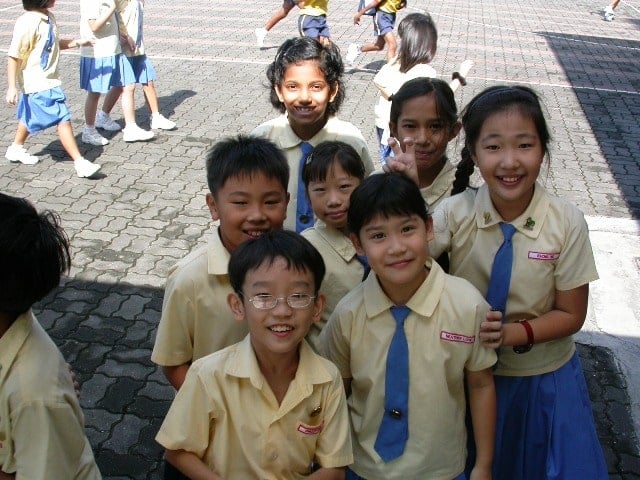
Some kiasu parents would go all out to check what’s covered in the Primary 1 syllabus and try to prep their kids with all the knowledge they need in advance. Let me tell you that this is not necessary. Know your limits when preparing for primary 1 and let primary school teachers do their job.
You can run through the topics that will be covered for a better understanding. You can also give your child a head start, but don’t stress your child unnecessarily. Focus instead on your child’s literacy skills and numeracy skills to give them the advantage they need in classes. From there, the Primary 1 curriculum will take over and re-start from the most basic skills and concepts
To elaborate on literacy skills, your child should be able to read simple sentences, understand instructions, identify colours, and write his/her own name in English and Mother Tongue. As for numeracy, teach your child the values of coins and dollar notes, how to read the time, and how to count from 1 to 20.
3. Attend the primary school orientation programme
There is perhaps no better way to orient your child to a specific school than to attend the orientation programme held by the school itself before the term begins.
During an orientation programme, parents will be briefed about the practical issues like what to buy and things to take note for the first day of school. The briefing will also include more tips on preparing your child for primary one, though you’re likely to one step ahead after going through this article!
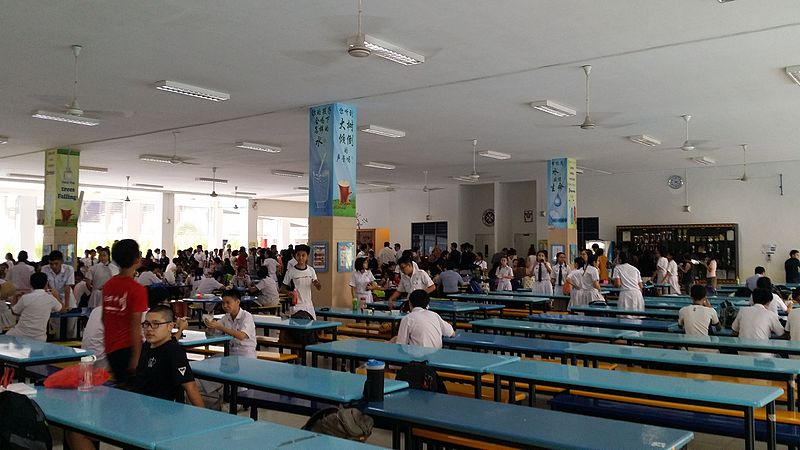
After the briefing, give your child a school tour to show him/her important areas like the assembly hall, canteen, general office, and the bus drop-off point. This would ease the intimidation that a child may feel in a school’s large compounds. At the canteen, you could survey the food stalls to determine how much pocket money your child will need for his/her meals, and at the same time demonstrate to your child where to wash their hands and return their food trays.
Some orientation programmes will allow your child to have a taste of classroom activities. In this case, give your child a heads up so he/she will be ready for the test run.
4. Consider primary 1 preparation courses for a smooth transition from kindergarten to primary school
I understand only too well that many parents are tempted to send their child for primary 1 preparation courses. You can find such classes in enrichment centres like The Learning Lab, Edufarm, LEAP SchoolHouse, Crestar Learning Centre and Han Language Centre, and they typically focus on subjects like Maths, English and Mandarin.
While there are certainly merits to these primary 1 preparation courses in preparing for primary 1, they may not be entirely necessary. If your child is attending kindergarten, their preschool teachers would already be playing their part in the transition to primary school. On top of that, schools themselves have a screening programme at the beginning of the school year. Students who need additional help will be enrolled in the Learning Support Programme (LSP) so they can access what’s being taught in the classroom.
However, if you feel that your child requires a boost to keep up with his/her peers of the same age, go ahead with primary 1 preparation courses at your discretion. Just remember not to put unhealthy levels on stress on your child. It’s more important to cultivate the joy of learning at a young age as this would naturally translate to greater achievements.
5. Practise “schooling” with your child while preparing for primary 1
Give your child a sample of life in school by practising “schooling” with them.
What I mean is that parents should sit down with their child and go through classroom routines such as raising hands to ask questions and asking for permission to visit the toilet. You could role-play as a food vendor and get your child to try ordering food and handling money too.
Your child should be familiarised with the school rules and classroom etiquettes, and be aware of how to seek help when needed. This time could also be used to discuss practicalities like transportation to/from the school
Such informal lessons would surely be a way to make your child excited for the real deal.
6. Set up new routines at home
Good preparation begins at home. Before your child starts his/her first semester, you can begin to cultivate good habits and help your child ease into the upcoming routine.
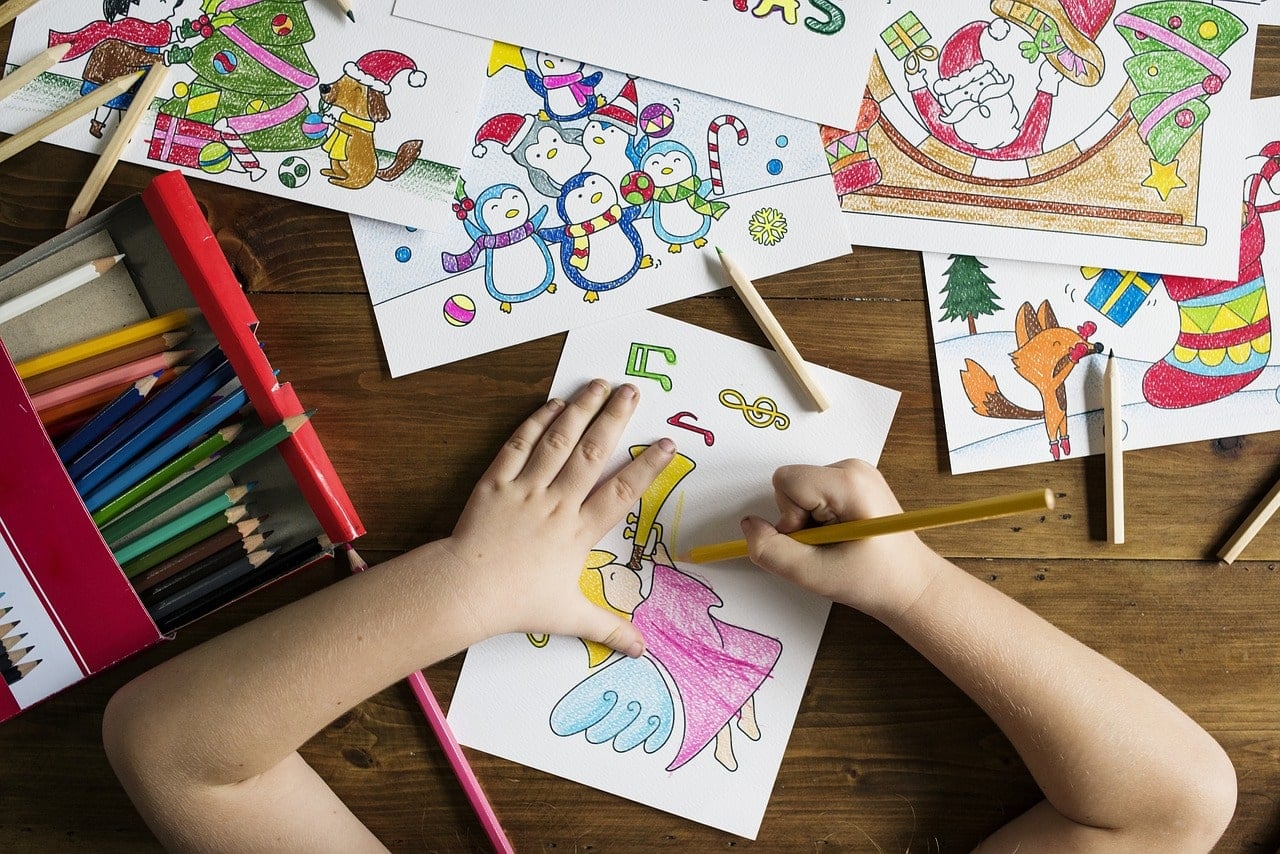
In the one or two months leading up to the first day of school, draft a timetable for your child. Allocate time for different activities such as reading, doing crafts, watching TV, playing games and resting. A timetable would teach your child how to organise his/her time and would come in handy once your child’s schedule becomes packed with school, enrichment classes and so on.
In the timetable, take into account the school hours. A typical school day begins at 7am and ends slightly before 2pm (save for some primary schools that operate at partial single sessions where primary one classes begin in the afternoon). Cut down on the nap time that coincides with the school hours and put your child to sleep early every night. Before school begins, your child should already have no qualms waking up early and eating a good breakfast each morning. This is essential in preparing for primary 1.
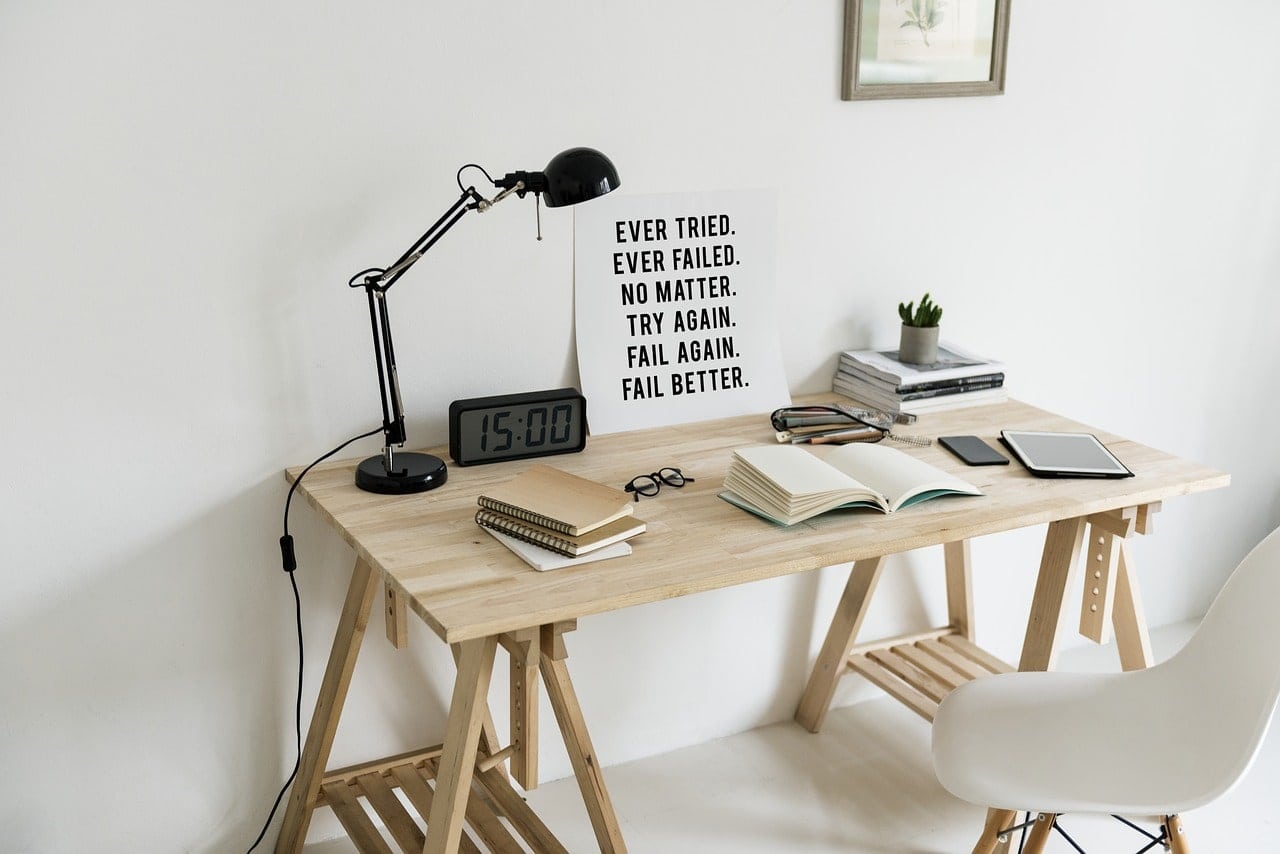
On top of that, before starting primary school, create a conducive study area for your child to complete their homework. This workspace should be clutter free and have good lighting. Also, clear some space to make way for books, letters and forms that your child will soon be bringing home. You can install a tray where your child should deposit his/her homework daily for your review.
7. Purchase back to school supplies
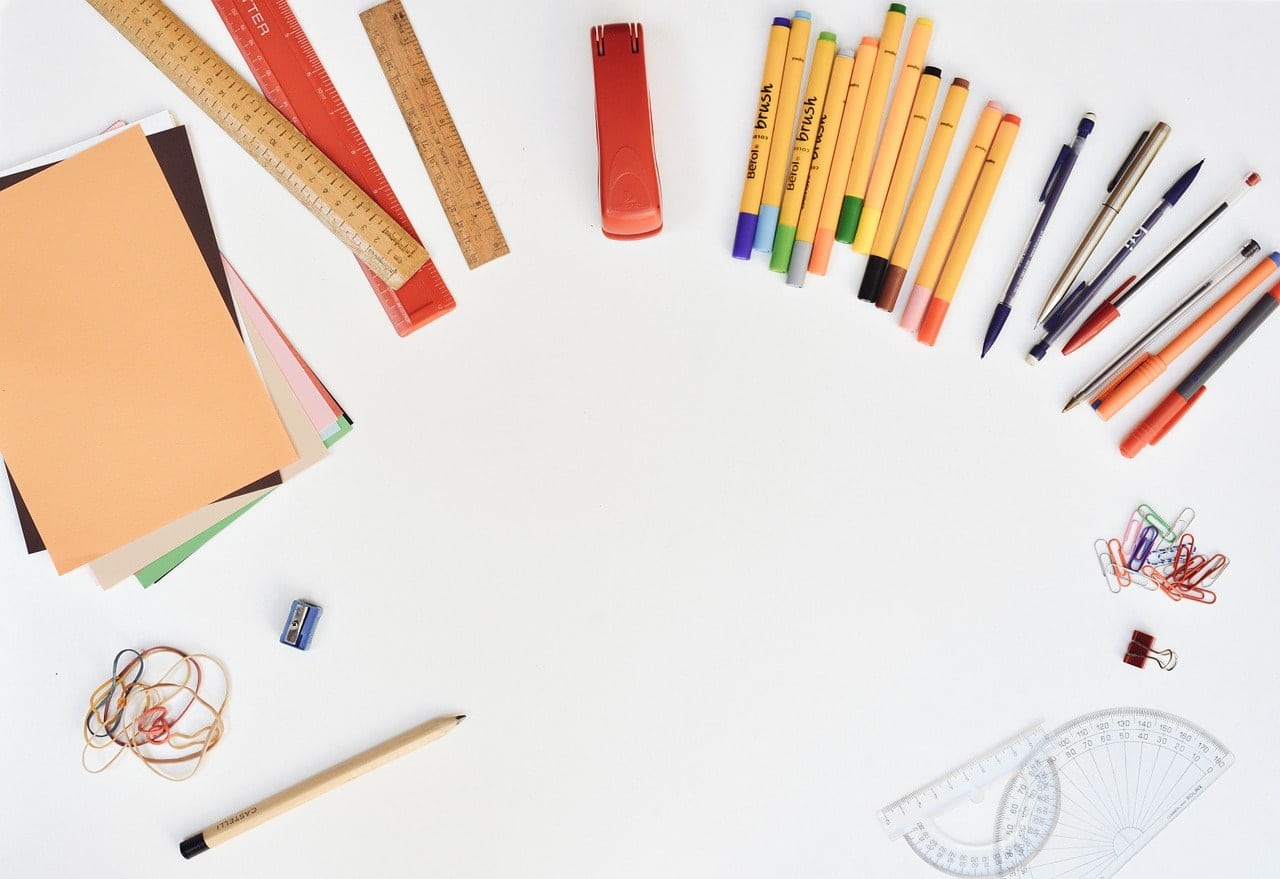
One of the best ways to get your child revved up for their transition to primary 1 is letting them tag along while buying back to school essentials. All of us, myself included, know the excitement of trying on the school uniform for the first time.
You’re probably thinking “starting school, what to buy?”
You may need to buy your child a good school bag with proper back support, school shoes, books, and stationery. At the same time, remind yourself not to waste your money on unnecessary items that your child don’t need. If your child is making the transition from preschool to primary school, chances are, he/she already has some school items.
After buying the items, let your child join in to label their books and supplies. You can flip through their textbooks and let them know what subjects the books are about. This would pique their interest and also give them a sense of ownership with their belongings.
8. Impart the necessary skills for the transition from preschool to primary school
There are many layers of preparation that parents have to dive into when their children transition from kindergarten to primary school. What most parents are concerned about these days would be their child’s academic abilities – like reading and counting – in comparison to their peers at school. Indeed, I know that these are important so that your child can cope well during the first year of primary school.
However, there are also other skills of immense importance, and I’m talking about things like social skills, independence, concentration, listening and communication. When your child is developed in these skills, they are well-geared towards embracing the education that they will receive in primary schools. While these skills should have been gradually imparted as your child grows, it’s never too late to foster specific ones. If you notice that your child is lacking in a certain aspect, work on it.
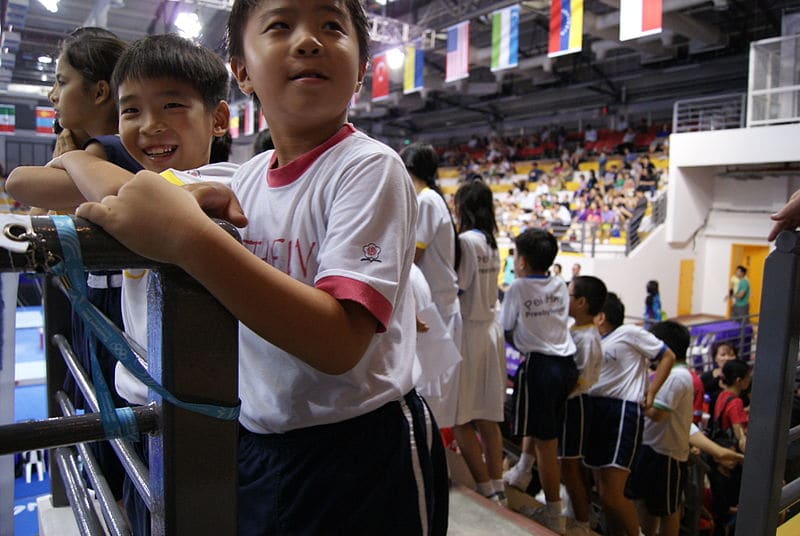
What’s mentioned above are rather generic skills. Browse through this starting primary school checklist and ensure that your child knows these few things before the transition from kindergarten to primary school:
- How to get dressed
- How to tie shoelaces
- How to buy food
- How to eat independently
- How to use the toilet
- How to practise good hygiene
- How to pack a school bag
9. Get involved in your child’s learning journey

Once you’ve settled the primary school application, the primary school admissions, and the preschool to primary school transition, time will catch up and your child will finally be starting primary school. Of course, your job as a parent does not end there (does it ever end, really?).
When your child begins primary one, you will receive a copy of the Parent-Child Activity Book. Keep an eye out for this; it is a valuable resource that will aid parents in helping their child transition from preschool to primary school. It offers parenting tips and ways that parents can reinforce the values and routines that children will learn in school.
Make it a point to put aside time to talk to your child every day after school, especially during the first few weeks. You should clear any worries that your child has about school. Make sure that your child has settled in well, made new friends, and feel positive about school.
Set up after-school routines for your child that include time to revise and do homework. You can guide your child with his/her homework, but remember that your child’s work need not be perfect. It is better for your child to be corrected by his/her teacher who can teach them to learn from mistakes. At the end of the day, parents should be working hand-in-hand with teachers in a child’s learning journey.
10. Learn to let go!
Last but not least, loosen that tight grip on your child. Your child is about to transition from kindergarten to primary school and embark on a new stage in life where he/she will be growing at an unprecedented rate.
If you have already completed the steps above, your child has passed the unofficial school readiness assessment. With the primary school readiness checklist completed, you and your child have done a good job to prepare for Primary 1. Your child will not only survive in primary 1, he/she will also thrive.
Remember to manage your own expectations as a parent, and do not channel your anxieties onto your child. Instead, always give them the support and encouragement they need to overcome the challenges of starting primary school. Be generous with your praises and affirm your child’s efforts rather than focusing on the final marks.
After all, your child should be valued for who he/she is and not only their achievements.
